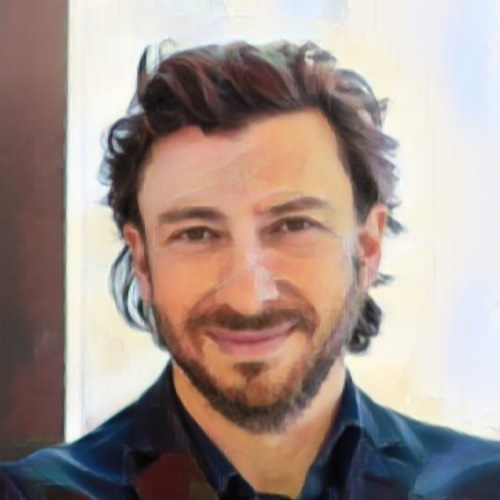The Surprising Link Between Space Travel and Aging with Dr. David Furman
InsideTracker Podcast Episode-Spaceflight and Ageing: Insights from Dr. David Furman
In this fascinating episode, Dr. David Furman joins hosts Dr. Gil Blander and Ashley Reaver to discuss how immune system science, space travel, and inflammation are reshaping our understanding of ageing. The episode highlights cutting-edge work on chronic inflammation, biological ageing clocks, and even simulated microgravity experiments with mini human organs.
Key Points:
This episode explores how inflammation—not just time—is the real clock behind ageing, and how science is learning to turn it back. In space and on Earth, ageing shares a common root: inflammation. Dr. Furman’s breakthrough research offers tools to measure and fight it.
- Chronic Inflammation - The Core of Ageing: Dr. Furman explains how low-grade, systemic inflammation—or “inflammaging”—is a major driver of age-related diseases. He introduces inflammatory age, a new blood-based clock built from five key proteins, which can predict chronic disease and frailty years in advance.
- The 1,000 Immunomes Project: Over 15 years, Furman’s team collected blood samples from 1,000 individuals to map how the immune system changes with age. This massive systems biology effort uses machine learning to discover immune-related biomarkers tied to ageing and disease.
- Space Travel as a Model for Accelerated Ageing: Astronauts in microgravity environments experience rapid biological ageing—including immune suppression, mitochondrial dysfunction, and increased inflammation. One year in space could equal 30 years of ageing on Earth, making spaceflight a unique model to study ageing.
- Simulating Space on Earth: Dr. Furman’s lab now simulates microgravity using organoids (mini human organs) to fast-forward ageing in cells. This model helps test potential anti-ageing therapies and predict how individuals might age over the next 5–10 years.
- The Exposome and Inflammation: Inflammation isn’t just internal—our external environment matters. Poor sleep, plastic exposure, air pollution, and social stress are all powerful “exposome” factors that silently inflame our bodies over time, accelerating biological ageing.
- Beyond Epigenetic Clocks- Why Protein-Based Ageing Tests Matter: Unlike DNA methylation clocks, protein-based ageing markers offer actionable insights. Since the roles of these proteins are better understood, clinicians can offer lifestyle or supplement interventions to reduce inflammation and slow ageing.
Visit website: https://www.youtube.com/watch?v=01YxtP39eRA
See alsoDetails last updated 28-May-2025
Mentioned in this Resource
David Furman
Director of the Buck Artificial Intelligence Platform & Stanford 1000 Immunomes Project



